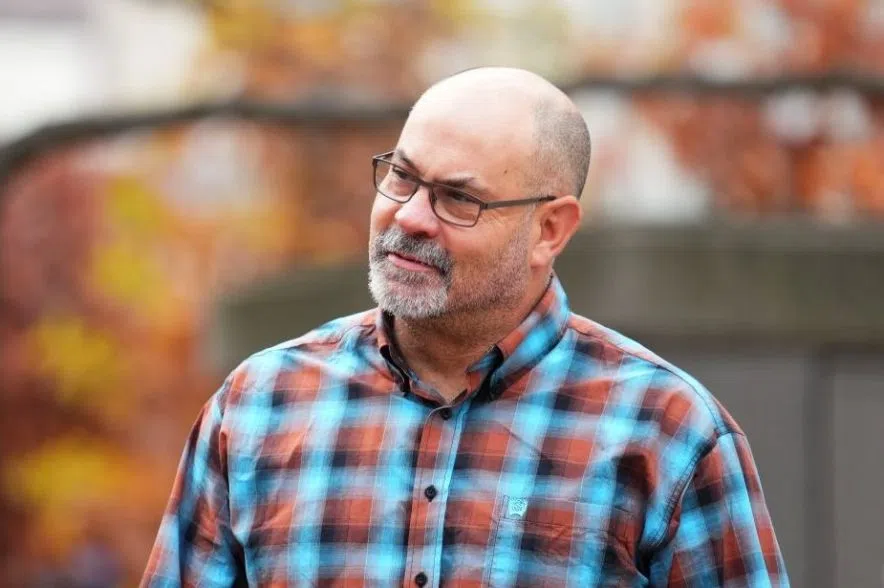Chris Barber was smiling big after a federal judge ruled the Liberal government’s use of the Emergencies Act was unreasonable.
“Overjoyed,” Barber said on The Evan Bray Show on Wednesday. “Not (Deputy Prime Minister) Chrystia Freeland, of course, she’s going to come out and say what she said yesterday, but it still doesn’t matter. This is still a federal court justice that ruled in our favour.”
Barber, who’s from Swift Current, was one of the organizers of the 2022 truckers’ convoy to Ottawa. The convoy was organized to protest COVID-19 vaccine mandates.
The Emergencies Act was invoked around Valentine’s Day of 2022, when Prime Minister Justin Trudeau declared the occupation of an area of Ottawa’s downtown a public emergency. The act was revoked on Feb. 23 of that year.
Freeland told reporters after the federal court’s decision was announced Tuesday that the federal government would be appealing the decision.
Barber said he and other protesters felt that they were “on a path to truth” during the convoy.
“I bring it back fully on the prime minister’s feet for not having any leadership,” said Barber. “He wasn’t interested in having a conversation with a Canadian citizen.”
Barber is going to take this victory with him to his own trial that is ongoing in Ottawa.
Barber and fellow convoy organizer Tamara Lich are both accused of mischief, intimidation and charges that relate to counselling others to break the law. The trial began in Sept. 5 and is still continuing.
Barber was told by his lawyer that this decision will help his trial in court.
“To what it pertains to, I’m waiting on those answers,” said Barber, who testified at an inquiry into the use of the Emergencies Act.
Meanwhile, a Saskatchewan law professor says having a legal ruling on the Emergencies Act is significant for any future uses.
Dwight Newman, a professor of law and Canada Research Chair in Indigenous Rights in Constitutional and International Law at the University of Saskatchewan, says the ruling will provide more clear direction for future governments considering using the legislative power.
“This ruling is going to set the legal parameters — if upheld on any appeal — to say it can only be invoked following proper procedure,” Newman told Bray.
“It’s still meant to be available in an emergency, and sort of not cumbersome procedures, but it’s only supposed to be available in quite narrow circumstances according to this ruling. This will be a clarifying precedent for any future uses.”
Newman also points out the legal ruling should be viewed as separate from the public inquiry. Commissioner Paul Rouleau concluded the Liberal government had met the threshold to invoke the Emergencies Act.
“This ruling is making different determinations than the Rouleau Commission which considered matters in a more policy lens,” Newman said.
“It wasn’t trying to overstep its bounds. It was trying to leave room for a judicial determination, the lawful use of the act. That’s what we’ve now seen.”
— With files from 980 CJME’s Gillian Massie and 650 CKOM’s Brent Bosker











